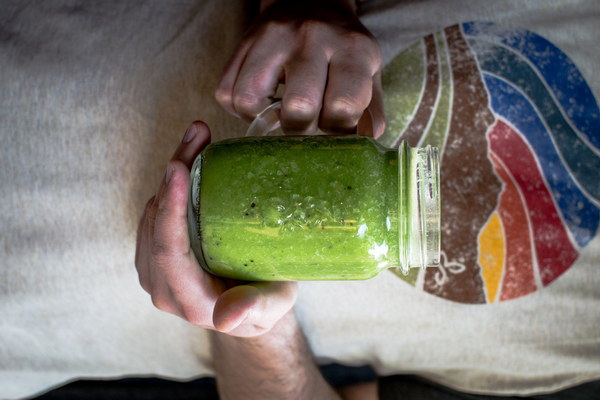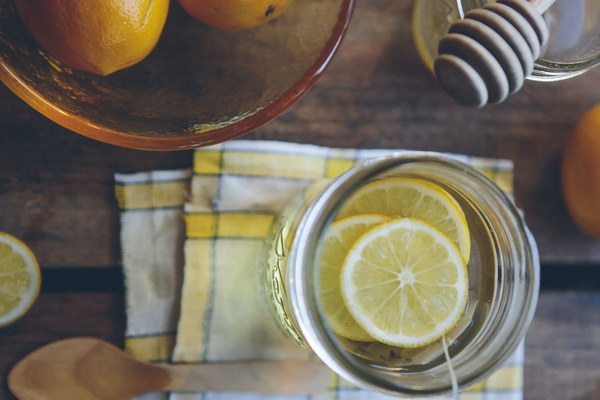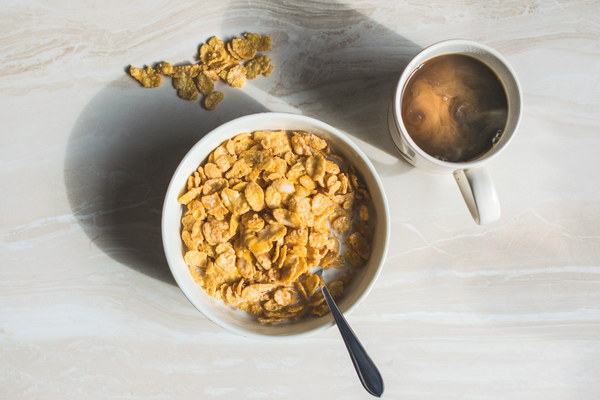The Anti-Aging Hypothesis Unraveling the Secrets to Eternal Youth
The anti-aging hypothesis has intrigued scientists and enthusiasts for decades. This theory suggests that the aging process can be slowed down, and even reversed, through various means. In this article, we will explore the origins of the anti-aging hypothesis, its supporting evidence, and the potential strategies to achieve eternal youth.
The concept of anti-aging dates back to ancient civilizations, where various remedies and elixirs were believed to grant immortality. However, it was not until the 20th century that scientists began to investigate the biological mechanisms behind aging.
The anti-aging hypothesis revolves around the idea that aging is a cumulative result of cellular damage and the gradual loss of function. This damage accumulates over time, leading to the decline in physiological and cognitive abilities observed in older individuals. Several key factors contribute to this process, including:
1. Oxidative stress: Free radicals, unstable molecules that can damage cells, accumulate in the body as we age. Antioxidants can help neutralize these harmful molecules, reducing oxidative stress.

2. Telomere shortening: Telomeres are protective caps at the ends of chromosomes that shorten with each cell division. When telomeres become critically short, cells can no longer divide, leading to aging and age-related diseases.
3. Mitochondrial dysfunction: Mitochondria are the powerhouses of the cell, producing energy. As we age, mitochondria become less efficient, resulting in reduced energy production and cellular damage.
4. Inflammation: Chronic inflammation can damage tissues and contribute to aging and age-related diseases.
5. Epigenetic changes: Aging is associated with changes in gene expression, influenced by factors such as diet, lifestyle, and environment.
Several strategies have been proposed to counteract the aging process, based on the anti-aging hypothesis. These include:
1. Caloric restriction: Reducing calorie intake has been shown to extend lifespan in various organisms, including mammals. This is thought to be due to the reduced oxidative stress and inflammation caused by calorie restriction.
2. Exercise: Regular physical activity has been linked to a slower aging process and improved healthspan. Exercise increases cellular energy production and enhances antioxidant defenses.
3. Antioxidants: Consuming antioxidants, such as vitamins C and E, and polyphenols, can help neutralize free radicals and reduce oxidative stress.
4. Telomerase activation: Telomerase is an enzyme that can lengthen telomeres. Research is ongoing to develop treatments that can safely activate telomerase in humans.
5. Mitochondrial biogenesis: Stimulating the production of new mitochondria can improve cellular energy production and reduce oxidative stress.
6. Inflammation modulation: Anti-inflammatory drugs and dietary interventions can help reduce chronic inflammation and its impact on aging.
7. Epigenetic manipulation: By targeting epigenetic changes, scientists aim to reverse aging at the molecular level.
While the anti-aging hypothesis offers promising insights into the aging process, it is essential to approach it with caution. Many anti-aging treatments and supplements are not backed by scientific evidence, and some can even be harmful. Moreover, the complexity of the aging process means that there may be no one-size-fits-all solution.
In conclusion, the anti-aging hypothesis provides a valuable framework for understanding and combating the aging process. By targeting the underlying factors that contribute to aging, scientists and researchers may one day unlock the secrets to eternal youth. However, it is crucial to prioritize evidence-based approaches and maintain a balanced, healthy lifestyle to achieve optimal aging and longevity.









